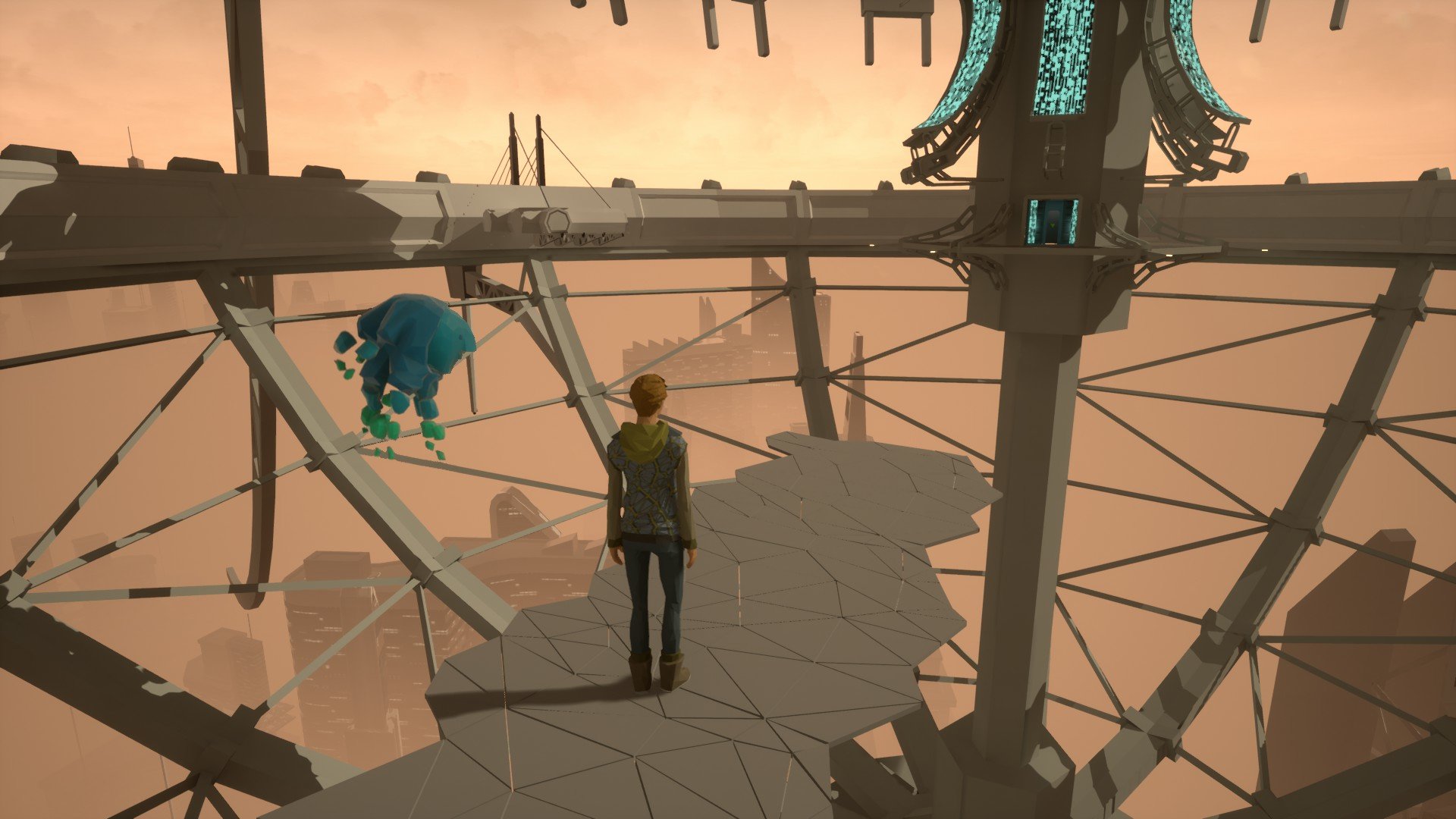

Grandson Angad is bullied in school as the ‘son of a Chamar’.Īll this injustice and ostracisation was perpetuated not by native foreigners, but his own Sikh immigrant brethren in Britain.īorn in Dosanjh Kalan, Jalandhar, in 1946, Ujjal Dosanjh migrated to the UK in 1964 and then to Canada in 1968 where he became health minister and premier of British Columbia. Kalu’s father, Udham Singh, aka Udho, who had left Banjhan Kalan after facing physical violence, which gave him a permanent limp, at the hands of upper castes, again gets pushed around in Bedford. His wife, Simran, becomes a victim of honour killing.

But here, too, he is confronted by the bitter reality of his caste, day in and day out. Teenager Kalu, the protagonist, by sheer dint of his hard work, rises to become Prof Kahla Singh Badhan in Bedford. The 75-year-old Canadian Liberal Party politician-turned-author narrates a story of the flight of a family from Banjhan Kalan in Hoshiarpur to Bedford in British Midlands, England, in the hope of leaving their caste indignation behind and working their way up in life. It’s our present too,” says Angad, the son of protagonist Prof Kahla Singh Badhan, in the novel ‘The Past Is Never Dead’ by Ujjal Dosanjh. No matter where you go, it sticks to your identity and lingers on with your surname. The belief that one is superior to another by virtue of taking birth in a particular family or gotra refuses to leave, be it India or any other country in the world. It is a social evil, a disease of the mind that was prevalent centuries ago and still exists in 21st century India. Around 87 years ago, Dr BR Ambedkar prophetically stated in his essay ‘Annihilation of Caste’ that casteism is a notion, a state of mind.


 0 kommentar(er)
0 kommentar(er)
